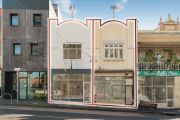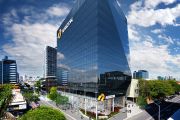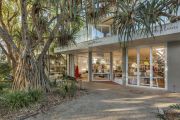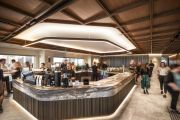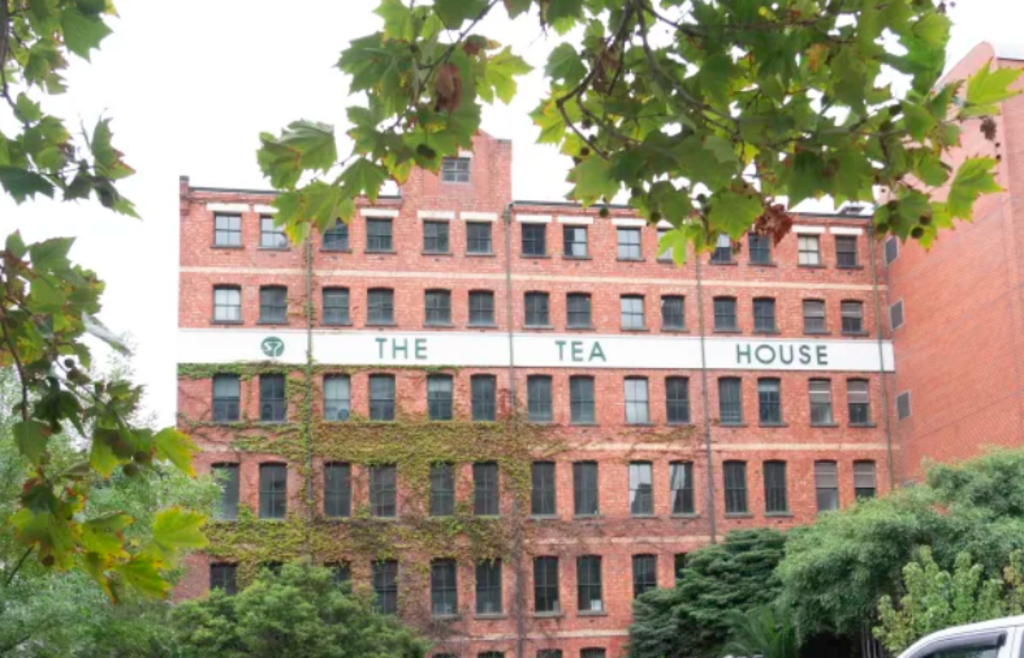
Tea for two: CostaFox takes on historic tower
CostaFox, the boutique platform put together by developer Michael Fox and backed by wealthy investor Robert Costa, has taken over the Tea House, a heritage-listed landmark on the edge of Melbourne’s CBD, in a $28 million deal.
Bought from a private investor who failed to win approval for a plan to develop a 39-storey hotel on the Clarendon Street site, the acquisition represents a further push into the office market by Mr Fox and his investment partner.
The six-storey building was built in the 1880s for a printer and manufacturing stationer. Later it was occupied by the Robur Tea Company and used to store tea chests. Standing opposite Crown Casino and near the banks of the Yarra River, it was once one of the tallest buildings outside the CBD.
“It’s been sitting empty for three years so we’ve got the opportunity to bring one of Melbourne’s most beautiful buildings back to life,” Mr Fox told The Australian Financial Review.
It’s the third office building that the CostaFox platform has invested into, selling an earlier commercial development in trendy Cremorne, in Melbourne’s inner-east, late last year for $50 million.
CBRE’s Lewis Tong, who negotiated the off-market Tea House sale alongside colleagues Mark Wizel, Josh Rutman and Scott Orchard, said the property had attracted interest from several parties, a sign of positive sentiment for office buildings below $100 million.
Eu Ming Lim of Thomson Geer acted as the vendor’s legal representative.
The CostaFox partnership was established when Mr Fox parted ways with five years ago with former development partner Paul Little, with whom he had established Little Projects.
Mr Fox and his development director Geno Hubay have launched a global search for an architect to work on the building’s restoration. Developers have shown themselves increasingly willing in recent months to invest into historical buildings as a source of fresh office space, such as the Liberman-family backed Impact Investment Group rejuvenation of a dilapidated 100-year-old wool store warehouse in Kensington.
With a footprint of around 600 square metres on a site of nearly 3000 square metres, there is plenty of potential for further redevelopment around the heritage asset, if it could win approval from planning authorities.
“It’s one we bought knowing it’s sensitive,” Mr Fox said. “There may be no further opportunity for development but it stacks up as refurbished office building in its own right.”

